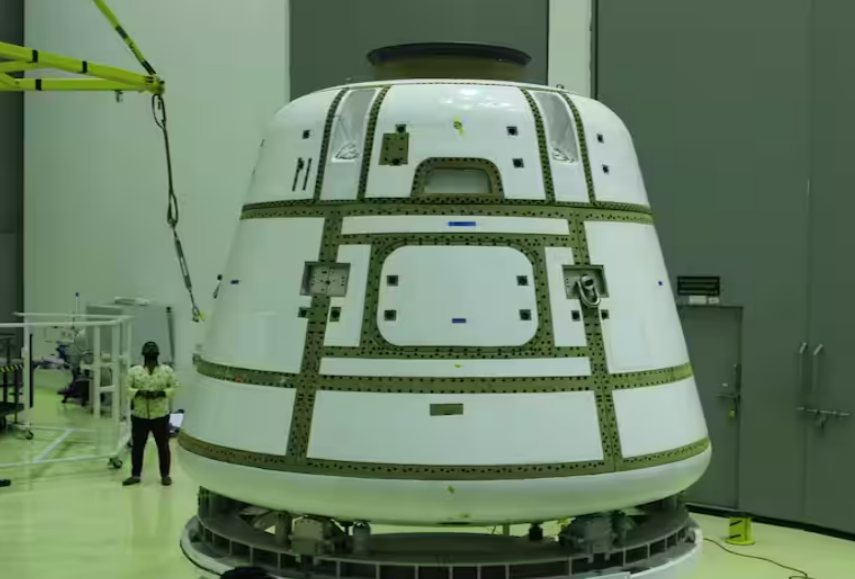A significant stride towards self-reliance, the Indian Space Research Organisation (ISRO) has announced its determination to independently develop the Environmental Control and Life Support System (ECLSS) for the ambitious Gaganyaan mission. This decision comes in the wake of several nations refusing to share their advanced technology and research with ISRO, signaling a new era of autonomy and innovation for India’s space endeavors.
ISRO Chairman S. Somanath made the groundbreaking announcement at the Manohar Parrikar Vidnyan Mahotsav 2023, shedding light on the challenges faced by the organization in acquiring the essential technology. Despite ISRO’s numerous successful satellite launches in collaboration with various countries, the life support system for Gaganyaan has proven elusive, pushing the space agency to take matters into its own hands.
Traditionally focused on rocket and satellite design, ISRO found itself lacking experience in developing an environmental control life support system. Somanath expressed the agency’s initial reliance on international collaboration for this crucial aspect of the mission. “We thought that this knowledge would come from other nations, but unfortunately, after so much discussion, nobody is willing to give it to us,” he lamented.
The Gaganyaan project, slated to demonstrate India’s prowess in human spaceflight, aims to propel a crew to a 400 km orbit by 2025. Somanath underscored ISRO’s commitment to indigenous development, leveraging existing knowledge and local industries to fill the technological gap.
Addressing the challenges head-on, Somanath emphasized the need for enhanced skills and confidence in human space travel. He acknowledged the inherent risks associated with rocket launches and emphasized the importance of skill-building and design enhancement.
“When we send humans to space through our Gaganyaan programme, I think the amount of skill and confidence that we need to have has to be higher than what we currently have,” he stated.
In an era where split-second decisions can make or break a mission, Somanath outlined ISRO’s efforts in embedding intelligence within rockets. The integration of sensor data, artificial intelligence, and rapid decision-making processes is aimed at preventing potential failures during space missions.
Highlighting the core principle of human spaceflight – astronaut safety – Somanath detailed ISRO’s commitment to incorporating intelligence into rockets to proactively address failures during launches. The organization is actively engaged in developing technologies that involve synthesizing data, predicting failures, and making split-second decisions to safeguard astronauts.
ISRO’s journey towards self-reliance in life support system technology not only signifies a pivotal moment in India’s space exploration but also reflects the organization’s unwavering commitment to pushing the boundaries of innovation. As the Gaganyaan mission progresses, ISRO’s resolute stance on indigenous development may well become a beacon of inspiration for space agencies worldwide.


